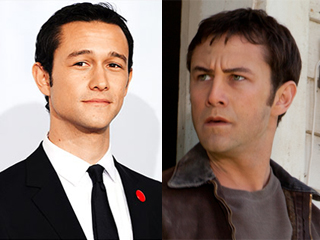
readinggggg.
How sweet would it be to have a photographic memory?
To be genuinely able to remember everything you read and see.
Well this is pretty much the opposite for me. I need to read the work at least 3 times before it sinks in. Oh and when I say sinks in I mean I can now officially remember the title.
I’ll tell you what else is hard. Readings on a Sunday. I feel like my brain is goo! I didn’t even really do anything last night, it’s just my brain is slowly turning into a big bowl of slime that has no desire to absorb anything it comes across.
So the readings is on double loop learning. Oh no! Double loop sounds like double scoop and I live 10 minutes away from a trampoline ice cream store…Let’s face it also that you can’t really have to scoops of ice cream and not watch a movie. Double loop, loop, looper! That’s enough of a connection for me to make to know that it is now a good idea to stop this blog post and go enjoy myself.
Alright, I’m back. I can’t watch that movie. Joseph Gordon Levitt’s changed mug just makes me sad.
This reading so dense I reckon I put it down three or four times just to take in a breath. I found it rather hard to get a gauge on the reading however as I said before I did go through it a couple times so I had some understanding of it, even if its only minimal.
Double loop learning is obviously a more progressive system of learning.It allows us to engage with others, make links with the general and particular, and explore basic orientations and values.Using a system that questions the role of learning systems and framing makes more sense as it allows room for creativity and flexibility. Rather than using trial and error from old techniques in order to see advancements.
Double loop and single loop learning for me is this; single loop learning is a cure, whilst double loop learning is prevention.
Model I – Our implicit disposition to winning. It is defensive. Moving away rather than moving to something new.
Model II – dialogical, communication through shared leadership. Shares the experience of participants rather than imposing a view upon them. This allows growth and expansion beyond what we may see.